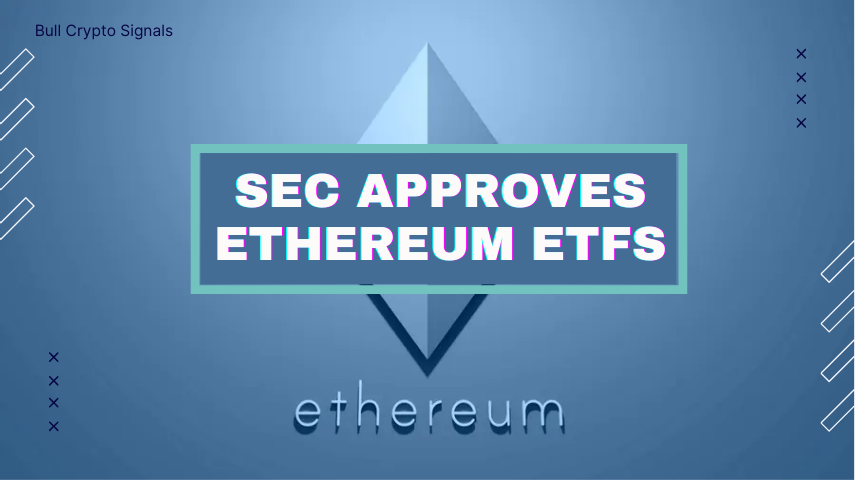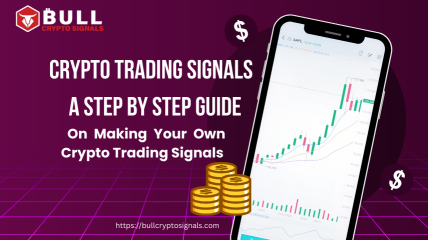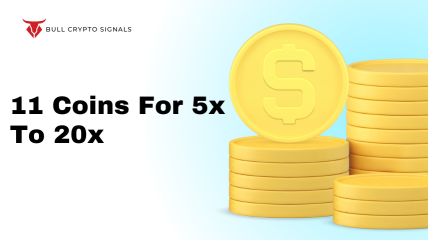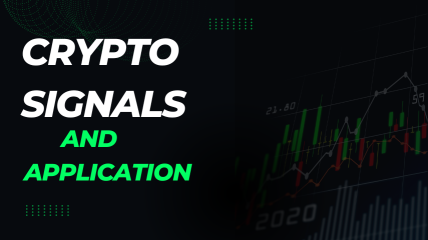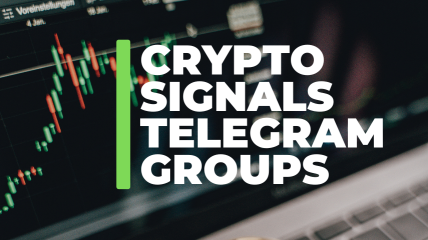SEC Approved The Ethereum ETFs
The debut of spot Ethereum exchange-traded funds (ETFs) on Tuesday marked a significant milestone for U.S. crypto investors who were eager to witness the second-biggest cryptocurrency by market cap capture the interest of mainstream investors and Wall Street.

Many Wall Street issuers, including VanEck, Bitwise, Fidelity, BlackRock, and 21Shares, introduced their new investment funds to the public. Overall, the trading volume for the new funds exceeded $1 billion. With the introduction of spot bitcoin ETFs in January, which have received more than $17.5 billion in net inflows thus far, spot ethereum ETFs are following suit.
The Securities and Exchange Commission of the United States (SEC) has made a historic choice by giving official approval to spot Ethereum ETFs. This certification is an important milestone since it allows these ETFs to begin trading on major American exchanges, such as the New York Stock Exchange, Nasdaq, and CBOE (the Chicago Board Options Exchange).
This year saw the successful debut of Bitcoin ETFs, and the approval marks the end of a lengthy process that began years ago. Ethereum is the second-biggest cryptocurrency by market size, and this step will make it easier for mainstream investors to access it through standard brokerage accounts.
Details Of The Ethereum ETFs:
With the green light from the SEC, multiple spot Ethereum ETFs can now start trading. The most recent list of exchange-traded funds (ETFs) with active prospectuses includes Franklin Ethereum Trust (EZET), Fidelity Ethereum Fund (FETH), 21Shares Core Ethereum (CETH), (ETHW) Bitwise Ethereum ETF, Invesco Galaxy (QETH), iShares Ethereum Trust (ETHA), and VanEck (ETHV). New documentation for Grayscale's Ethereum Mini Trust (ETH) and Ethereum Trust (ETHE) will soon be available, too.

By listing these ETFs on major
exchanges, Ethereum can be exposed to investors in a controlled and
transparent way. All the ETFs have a base fee, which usually ranges between
0.15-0.25 percent. However, issuers can sometimes reduce it to lure investors.
These ETFs are priced strategically to be competitive and attractive,
particularly when compared to direct bitcoin holdings, which could lead to
better profits through staking.
How The Market And Investors Will Be Affected?
Many market analysts and investors are feeling optimistic about the introduction of spot Ethereum ETFs. Following in the footsteps of Bitcoin ETFs, which attracted massive investment and propelled Bitcoin prices to all-time highs, market analysts anticipated a comparable, albeit less dramatic, effect on Ethereum as well. But Ethereum price has not hiked just yet albeit it has been decreasing.
Some cryptocurrency experts are optimistic despite the market's muted response to the spot Ethereum ETF. According to Alice Liu, CoinMarketCap's Research lead, "We have every reason to feel confident," Liu stated. "In the first hour, the trading volume for the ETH spot ETF reached $320 million, compared to $610 million for the bitcoin spot ETF during its initial hour."
According to James Seyffart, an analyst at Bloomberg Intelligence, Ethereum ETFs are expected to receive 20% to 25% of the inflows noted by Bitcoin ETFs.
According to Bitwise CIO Matt Hougan, these new ETFs have the potential to propel Ethereum prices to new heights, maybe even over $5,000.
"The market has been waiting for this milestone for a very long time," commented Sergei Gorev, risk manager at YouHodler.
According to Hougan, the ETFs have the potential to bring in $15 billion in fresh capital within the next 18 months. Even with all this hope, Ethereum's price has been unpredictable, and there has been a little drop recently. However, the outlook for the future is still bright, with more institutional and individual investors expected to flood the Ethereum market.
Ethereum ETFs Vs Bitcoin ETFs
Compared to Ethereum's $415.8 billion, Bitcoin's market cap of almost $1.32 trillion is massive. This disparity in magnitude implies that Ethereum ETFs will certainly get a lot of attention, but it might not be on the same level as Bitcoin ETFs. Ethereum is expected to see a price hike just as Bitcoin did after the approval of its ETFs. But it will still not be as comparable to Bitcoin's all-time highs.
Bitcoin and Ethereum ETFs provide a regulated and accessible means for mainstream investors to get involved in cryptocurrencies, regardless of their differences. This could lead to wider adoption and market expansion for both digital assets.

While bitcoin ETFs benefit from
greater market size and liquidity, Ethereum ETFs are unlikely to attract the
same level of investment, at least in the near future. However, cryptocurrency
experts do predict that Ethereum ETFs will draw net inflows of $750 million -
$1 billion per month, which is very impressive for a brand-new class of ETFs.
"Bitcoin and Ethereum present distinct value propositions to investors," noted Pat Doyle, a blockchain researcher at Amberdata, a crypto data analytics startup. He further explained how Some see Bitcoin as a shield against inflation because of its fixed quantity and its status as digital gold. Ethereum, on the other hand, is more commonly thought of as a platform for alternative financial systems and technology. Bitcoin is anticipated to remain the principal asset of attention in light of the present geopolitical uncertainty. He ended it by saying, "However, in the long term, I believe the focus will shift towards Ethereum and other smart contract platforms."
Law And Regulation:
The SEC approved Ethereum ETFs at a time when regulators are still closely watching cryptocurrencies. One important consideration is how ether is categorized, especially when staked.
Although ether is classified as a commodity by the Commodity Futures Trading Commission (CFTC), the Securities and Exchange Commission (SEC) has not explicitly classified it, which has raised concerns regarding its regulatory status. What makes matters more complicated for Ethereum ETFs is that the SEC has previously thought of staking as a securities offering.
Consequently, even though staking could lead to higher returns, none of the authorized ETFs will do it. This cautious method shows how complicated regulations are for digital assets and how their legal framework is evolving.
Impact On Industry:
Approval of Ethereum ETFs is expected to significantly impact the cryptocurrency industry. These ETFs have the potential to attract more institutional and individual investors to Ethereum by offering a regulated and easily accessible investment mechanism. The performance of Ethereum ETFs will define the future of other crypto ETFs. If it performs well, they will, too.
As a result of this legislative achievement, digital assets are being more widely accepted and integrated into conventional financial markets. The launch of these ETFs signals a major turning point in the industry's movement toward a broader cryptocurrency acceptance.
Conclusion:
It's a big deal for the cryptocurrency sector that the SEC has granted approval for spot Ethereum ETFs over major U.S. platforms. Providing mainstream investors with easier access to Ethereum, these ETFs have begun trading on platforms including the NYSE and Nasdaq starting July 23, 2024. Some examples of approved exchange-traded funds are the Fidelity Ethereum Fund, the Bitwise Ethereum ETF, and the 21Shares Core Ethereum ETF. There is a base cost that starts at 0.15% and goes up to 0.25%; however, some issuers initially do not charge at all. Experts believe these ETFs have the potential to increase demand for Ethereum and bring in $15 billion in capital. Even though regulations are complicated, this decision is likely to make it easier for more people and businesses to use Ethereum. It could also open the door to other crypto-based ETFs. The total amount of net inflows attracted by the new ETFs could not be determined right now. But Early trade numbers are frequently better indicators of demand. Let's see where this thing goes.
